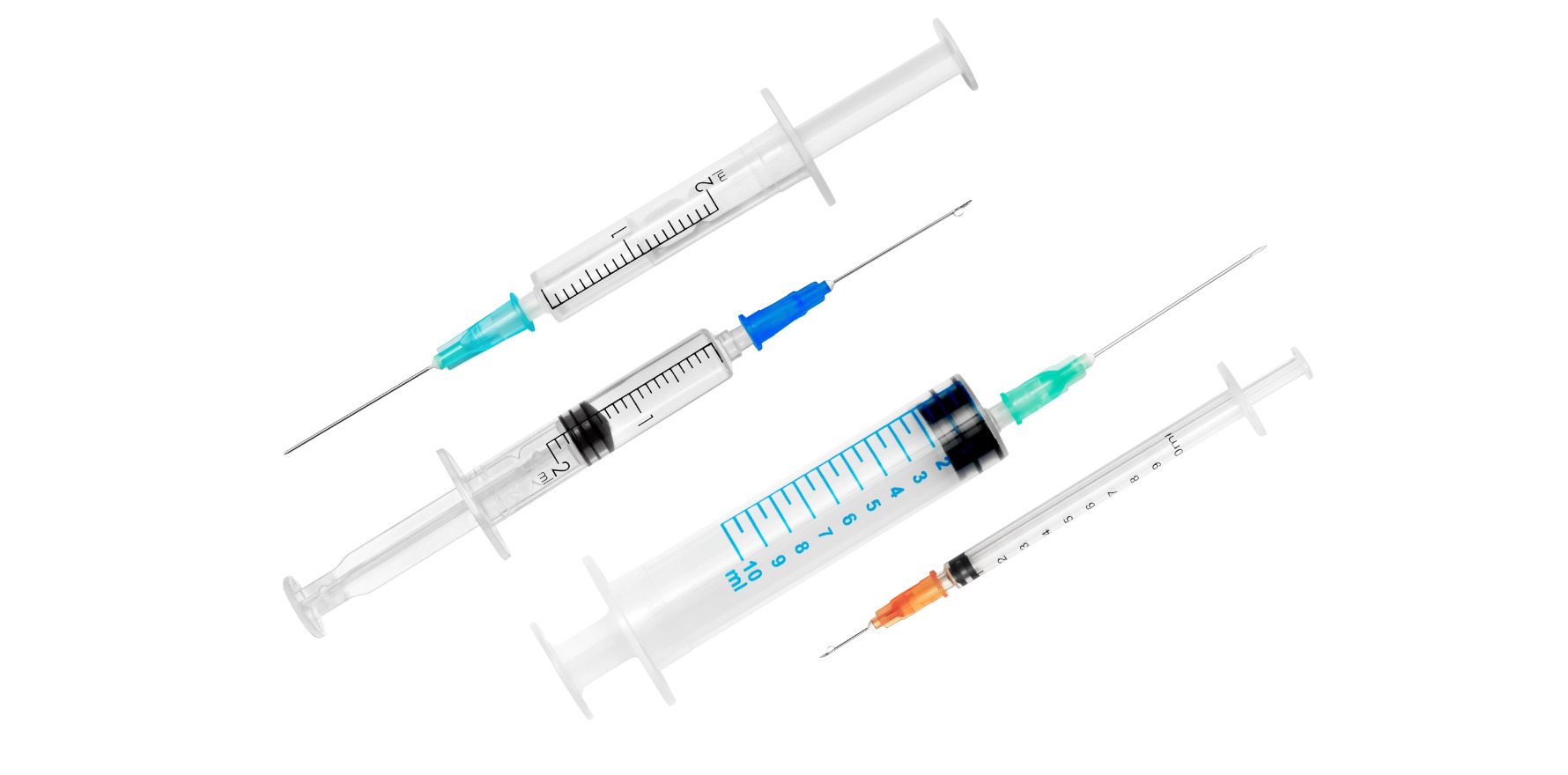With no Australia-specific guidelines for vaccination in rheumatology patients, the guidelines are likely to help inform Australian practice.
A summary of the American College of Rheumatology’s new treatment guideline for vaccinations in patients with rheumatic and musculoskeletal diseases (RMD) is now available.
Recommendations cover broadened indications for some vaccines in patients on immunosuppressants, medication management at the time of vaccination and safe approaches to the use of live attenuated vaccines in patients on immunosuppressive medications.
In the absence of any Australian guidelines on how to approach vaccination in rheumatology patients, apart from living guidelines stating covid vaccination is recommended, the guidelines are likely to help inform Australian practice.
“Sadly, there are no such detailed Australia-specific guidelines for vaccination in rheumatology patients,” said Associate Professor Peter Wong, who has previously published on practical approaches to vaccination for rheumatology patients in Australia.
“The Australian Immunisation Handbook is excellent but has no specific section for our rheumatology patients. We tend to ‘borrow’ from ACR and EULAR recommendations.”
Some of the recommendations in the new ACR guideline are:
- Pneumococcal vaccination should be administered to all RMD patients taking immunosuppressive medications.
- Seasonal influenza vaccination should be administered to RMD patients even if their disease is active, they are taking high- dose glucocorticoids, and/or they are on rituximab. It also recommends giving the adjuvanted vaccine to patients under 65.
- Methotrexate should be held for two weeks after influenza vaccination if disease activity allows.
- In RMD patients on rituximab, vaccines other than influenza should be administered at least 6 months after the last rituximab dose.
- In a change from previous guidelines, it’s now recommended that the rotavirus vaccine should be administered in the first 6 months of life to infants who have been exposed to tumour necrosis factor (TNF) inhibitors in utero, instead of delaying until they’re a year old.
The guideline also recommends a shorter interval between the last dose of a biologic disease modifying anti-rheumatic drug (DMARD) and administration of a live attenuated (a weakened form of the germ that causes the disease) vaccine.
“This new guideline recognises that some patients, particularly very young children with autoinflammatory conditions, simply cannot stay off their medications for very long without having a severe flare of their disease. However, those patients still need to get vaccinated,” said lead author, clinical medicine professor Anne Bass of the Hospital for Special Surgery and Weill Cornell Medicine in New York.
??2022 American College of #Rheumatology (ACR) #Guideline for #Vaccinations? in Patients with #Rheumatic and #Musculoskeletal Diseases -Guideline Summary#MedTwitter #RheumTwitter #MedEd #vaccine #FOAMed
— EnvisionRheumat (@ERheumat) August 4, 2022
?: https://t.co/B651mQofzE pic.twitter.com/oPcrmFn9fr
Recommendations for covid vaccination in RMD patients were not included in the guideline.
Recent recommendations for the Australian context that differ from the new ACR guidelines include giving a quadrivalent flu vaccine to patients 10-65, and the adjuvanted quad vaccine only to those 65 and older.
A full manuscript of the ACR has been submitted for journal peer review and is expected to be published in early 2023. Meanwhile, the full summary is available on the ACR website.



